Role of Honey Bees in Organic Farming
Honey Bees are our natural friends. Bees collect nectar by traveling from flower to flower. Their nectar gathered in their special homes or hives are enzymatically turned into unique natural healthy food—honey. Besides honey production, honey bees are of immense benefit to mankind. During their buzzing around, bees pollinate and top-dress the stigma leading to the ovule. The process of pollination, therefore, aid in fertilization of male and female organs to set fruit and seed. Other bees such as solitary bees, bumblebees, stingless bees also pollinate but not to the extent as the role of honey bees.
Role of honey bees in pollination
Although a secondary function, the significance of pollination is closely attached to the role of honey bees in crop production and quality of yield. The beneficial effect of bees in pollination is due to its hairy body that traps pollen. They also visit a wide range of species and because of their size can pollinate different size and shapes of flowers. Artificial honey bee hives can be moved from place to place depending on the flowering stage of a crop. The list of crops of annual, biennial, perennial and seasonal species that require honey bees for pollination is large.
Honey bees in organic farming
As bees are the natural scavengers of food from the surrounding environment, they are 100% organic. Honey beehives are a pleasant addition to the alternative farming practice in a natural way. Let’s look at a number of selected crops that we already are growing, and those of whose production by be enhanced by adding beehives. Further, as bees require a large quantity of nectar they travel 2- 5 kilometers. The role of honey bees is seen in retaining crop diversification by cross pollinating a wide range of species.
Are honey bees selective pollinators?
But do all flowers provide the nectar honey bees, love? No, bees are selective of the flowers from which they collect. Despite that fact, honey bees pollinate agricultural crops that account for one-third of our diet. As perfect habitats and crop diversification is losing, the role of honey bees to agriculture and organic farming, in particular, cannot be overemphasized. Bee pollination has shown to increase yield by up to 70% in some crops. In the United States alone commercial benefits to crop by honey bee pollination has been estimated at $15 billion annually.
Preferred crops of honey bees
Innumerable plant species depends on the role of honey bees for pollination. Bees give free service to human beings. The common crops pollinated by honey bees include apples, berries, cherries, pears, plums, cucumber, peach, plum, prune, squash, sunflower, muskmelon, pumpkin, cantaloupe, clover, etc. Others, such as eggplant, lima bean, okra, pepper, soybean, grape, etc., do set fruit and produce seed by self- fertilization. But yields are higher with a better quality product when pollinated by honey bees. Again species of plants such as pea, bean, sweet corn or string beans are visited by bees without improving yield or quality.
The table shows the most important plant species taken as fruit or seed that largely depend on the role of honey bees. Man-made beehives can also contribute to enhanced crop production. The best time of placing hives is at the blooming stage of flowers. The optimum number of hives per acre of a specific species is important in enhancing the role of honey bees for agricultural production.
Honey bees are not only vital in agriculture and our environment, but also provide extra income from the honey, especially by small farmers. It is an essential component of organic farming. The honey and wax are sources medicine. It is high time we become more aware of the gifts endowed from the role of honey bees on food and nutritional security.

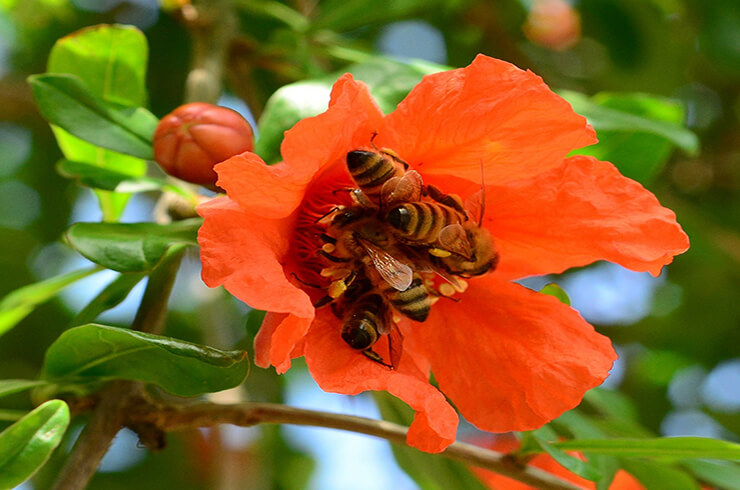
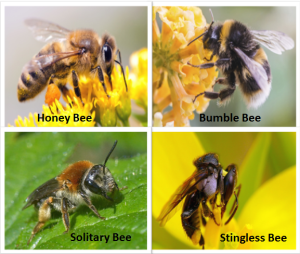
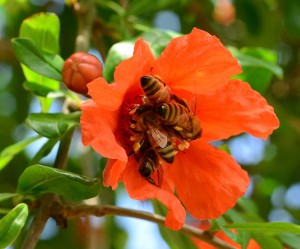

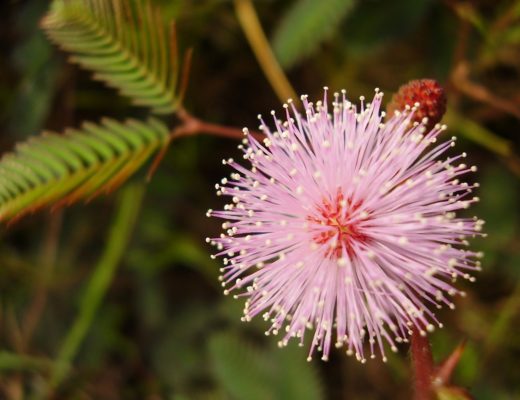
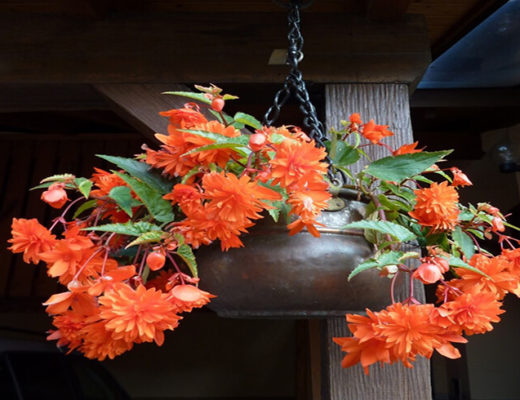
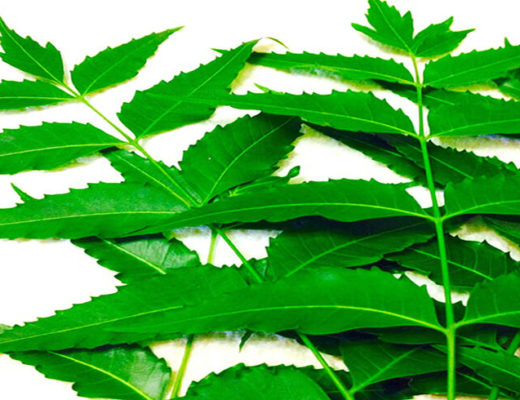
No Comments